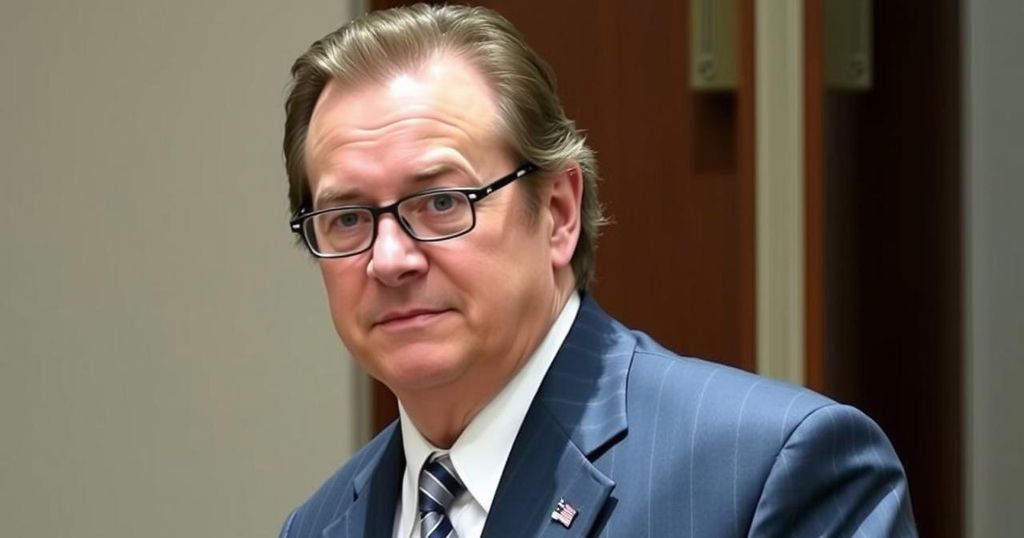Trial Begins for Nicolas Sarkozy Over Libyan Campaign Funding Allegations

Nicolas Sarkozy has begun trial proceedings in Paris regarding allegations of receiving illegal campaign financing from the Libyan government during his 2007 presidential election. This marks one of the most significant legal challenges he faces since leaving office. Following a previous corruption conviction, Sarkozy is serving his sentence under house arrest with electronic monitoring.
On Monday, former French President Nicolas Sarkozy commenced a trial in Paris concerning allegations that his 2007 presidential campaign unlawfully received financial support from the regime of the late Libyan leader, Col. Muammar el-Qaddafi. This trial is projected to extend over three months and poses a significant legal challenge for Mr. Sarkozy, who has faced numerous legal issues since his presidency, which lasted from 2007 until 2012. Recently, he concluded his last appeal related to a separate corruption case, making him the first former French president to face actual imprisonment, albeit under house arrest with an electronic monitoring device.
The allegations against Nicolas Sarkozy center around accusations of illicit financing in relation to his successful 2007 election campaign. The source of these funds reportedly stemmed from the Libyan government, which has led to considerable controversy and scrutiny. While Sarkozy’s legal troubles are not new, this trial marks a particularly serious threat to his political legacy and image, coming soon after he was sentenced for another corruption case derived from his post-presidency conduct.
In summary, the trial of Nicolas Sarkozy marks a pivotal moment in French political history, as it delves into allegations of corruption linked to his electoral campaign finance. This unfolding legal saga not only reflects the ongoing scrutiny faced by former leaders but also underscores the challenges Sarkozy has confronted since leaving office. As these proceedings continue, the outcomes may have lasting implications for both Sarkozy’s legacy and France’s political landscape.
Original Source: www.nytimes.com







